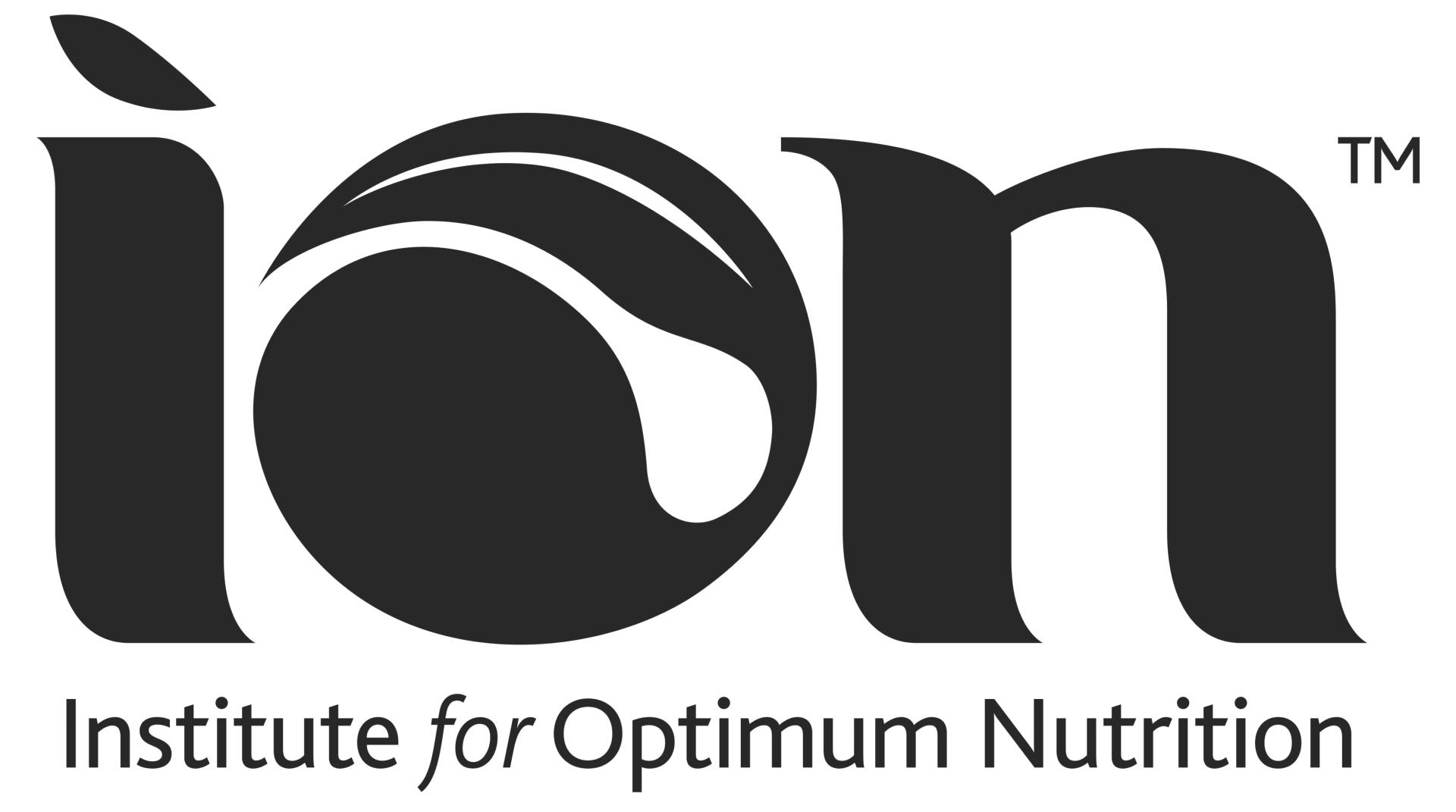Published on 13th February 2020
Consuming low-calorie sweeteners in pregnancy can increase body fat and disrupt the gut microbiota in offspring, according to research published in Gut.
The study – which used an animal model, not human participants – found that maternal intake of aspartame and stevia increased body fat in male and female offspring in early life and impaired glucose tolerance in male offspring, particularly with aspartame. Both aspartame and stevia altered the gut microbiota – i.e. the trillions of bacteria and other microorganisms in the intestinal tract – in the female rats and their offspring.
A faecal transplant was used to show the influence of this altered gut microbiota on obesity risk. Transplanting faecal matter from the offspring of mothers that consumed the low-calorie sweeteners into sterile, germ-free mice caused greater weight-gain and impaired glucose tolerance than when it was transplanted from offspring of control mice.
Given the growing number of women entering pregnancy overweight or obese, and the high rates of low-calorie sweetener consumption in this population, the researchers used an obese maternal rat model for their study. Following an initial 10-week high-fat/high-sucrose (HFS) diet phase to induce obesity, rats were allocated to one of three diets during pregnancy and lactation: HFS plus water (control group); HFS plus aspartame; or HFS plus stevia. The gut microbiota and metabolic outcomes (e.g. body fat, insulin sensitivity) were assessed during pregnancy and lactation, and in offspring up to 18 weeks after birth.
Lead researcher Dr Raylene Reimer, PhD, from the University of Calgary, Canada, said: “Low-calorie sweeteners are considered safe to consume during pregnancy and lactation, however evidence is emerging from human studies to suggest they may increase body weight and other cardiovascular risk factors.
“Even stevia, which is hailed as a natural alternative to aspartame and other low-calorie artificial sweeteners, showed a similar impact on increasing offspring obesity risk in early life.
“A healthy pregnancy, including good nutrition, is important for a healthy baby. Our research will continue to examine what makes an optimal diet and more importantly seek to find ways to correct disruptions to gut microbiota should they occur.”
Reference:
-
https://gut.bmj.com/content/gutjnl/early/2020/01/29/gutjnl-2018-317505.full.pdf






